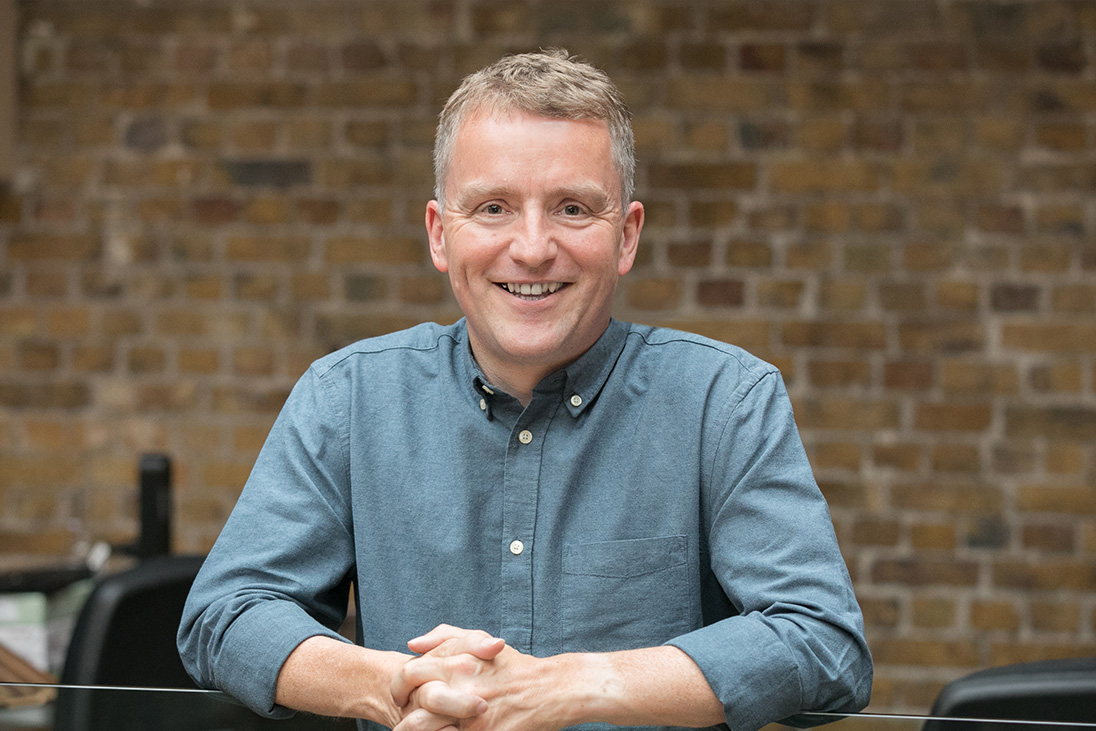Charities’ chief Karl Wilding has called on the Government to do more to support the volunteer sector during the coronavirus.
The UK’s charity and volunteer sector employs around 870,000 people and contributes £17.1 billion to the UK economy, according to NCVO.
However, many are facing a desperate cash crunch as donations fall, fund-raising events are cancelled, over 2,000 charity shops are forced to close, and the UK population cuts down its social activity – including volunteering.
Rotary’s Volunteer Expo, which was due to take place at Birmingham’s NEC in May, is one of those charity events which has been hit by the pandemic. Ironically, the NEC is being turned into a field hospital to cope with the pandemic, and is due to open on April 12th.
After close monitoring of the COVID-19 (Coronavirus) we have taken the decision to postpone Volunteer Expo.
This decision has not been taken lightly, but collective health and safety is our top priority.
New date: 7th-9th May 2021.
Full statement: https://t.co/b3kBugnJbW pic.twitter.com/ouDbIrGSrL
— Volunteer Expo Live – The UK Volunteering Show! (@VolunteerExpoUK) March 13, 2020
Giving evidence to a Digital, Culture, Media and Sport Committee inquiry about the impact of the coronavirus on the charity sector, Karl Wilding, pointed out how charities had a vital role to play during the pandemic.
But he voiced his frustration at how the Government is not recognising the role the third sector has to play by providing important public services and helping to organise volunteers during the current pandemic.


Karl Wilding, chief executive of the National Council for Voluntary Organisations (NCVO).
He said: “We are part of the solution and it is frustrating, sometimes, that we are not seen as part of the solution, that we are seen more as a problem.”
Karl added: “We are not here because I think that charities have some sort of right to survive, I do not. But I absolutely think that people have the right to the services that we provide.
“I feel frustrated at times at the perception of us in government, and I do not know if this is policy or political, but the understanding of the role of the modern voluntary sector lags somewhat behind what the reality is.
“We are not better than the public sector, but we are partners with the public sector.”
We are not here because I think that charities have some sort of right to survive, I do not. But I absolutely think that people have the right to the services that we provide.
The Government has announced a raft of financial measures to help the economy during the coronavirus outbreak, however, only those charities where more than 50% of their income is from trading will have access to the Coronavirus Business Interruption Loans – meaning the vast majority will not be able to access additional funds.
Accountancy and advisory firm, BDO, has said that the UK’s charity and voluntary sector needs more support.
BDO has pointed out that with the UK adopting more stringent measures to protect its population from the coronavirus, the Government must urgently consider immediate cash funding for the UK’s charity sector which will face unprecedented difficulty in the weeks ahead.
Jill Halford, BDO’s Head of Charities, explained that the value of charity volunteering in the UK is estimated at £24 billion. While younger people are volunteering more, our older generation can’t due to the government’s self-isolation advice, meaning the sector will be hard hit by the pandemic.
She said: “Charities are facing huge increases in demand for services with significant uncertainty around funding.
“Very few charities have cash reserves available to get through a likely two to three month (or more) downturn in donations, so the majority will struggle severely unless drastic action is taken.
Charities are facing huge increases in demand for services with significant uncertainty around funding.
“The sector cannot deliver the services and support it needs to during this time without immediate access to cash so we would encourage the government to consider extending access to Business Interruption Loans emergency funding to all charities.”
Jill Halford’s comments chime with those of Karl Wilding to the Government select committee. He told them that NCVO is expecting that the loss of income during the next quarter to the charity sector will be in the region of £4 billion.
The NCVO chief pointed out that the National Emergencies Trust fund-raising appeal has a part to play, but he believed it will not fill the gap.
Karl explained the income loss is for two reasons. First, because charities have shifted to a more mixed economy where they trade, and are no longer reliant solely on grants from the government. So, just like businesses, charity trading income has halted.
Secondly, lots of charity fundraising relies on people coming together.
“Because of social distancing measures, these have stopped, so we find ourselves in a situation where the level of need that many organisations are facing is increasing, but the income those organisations generate has stopped,” he added.
“There are bits of the sector that are really in serious trouble at the moment and I am particularly thinking about those organisations that are working with black or minority ethnic communities and working with those people who are most marginalised.
“They came into this crisis already in some trouble and they are helping people who are furthest away from the state. It’s critical that we get support to them.”









